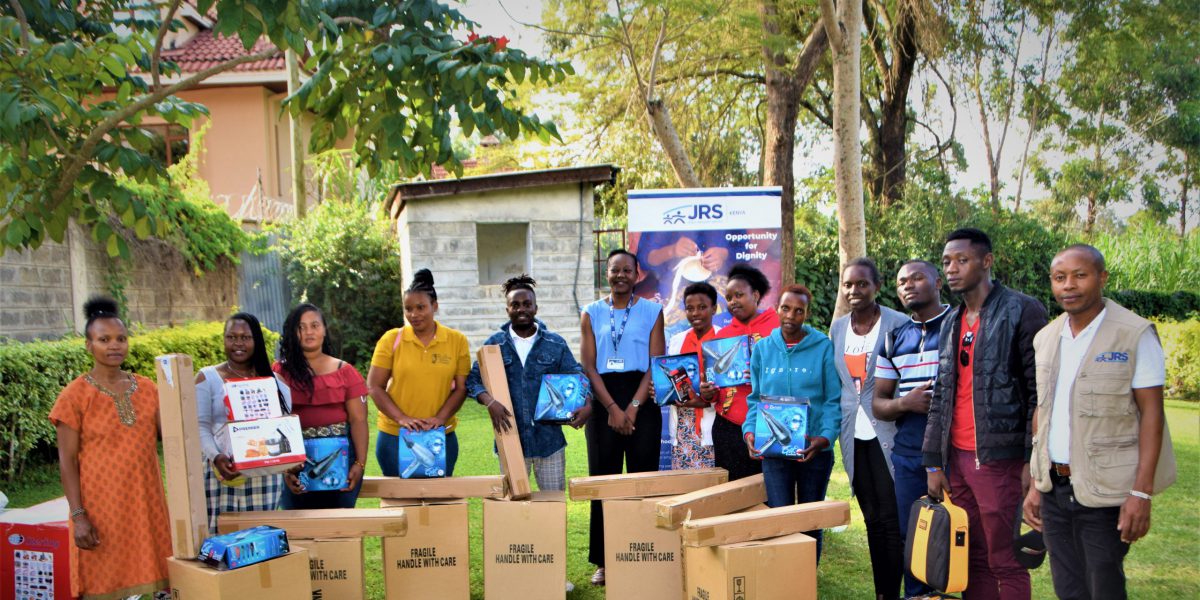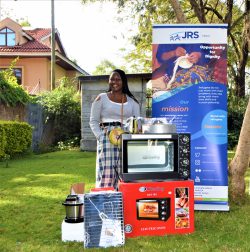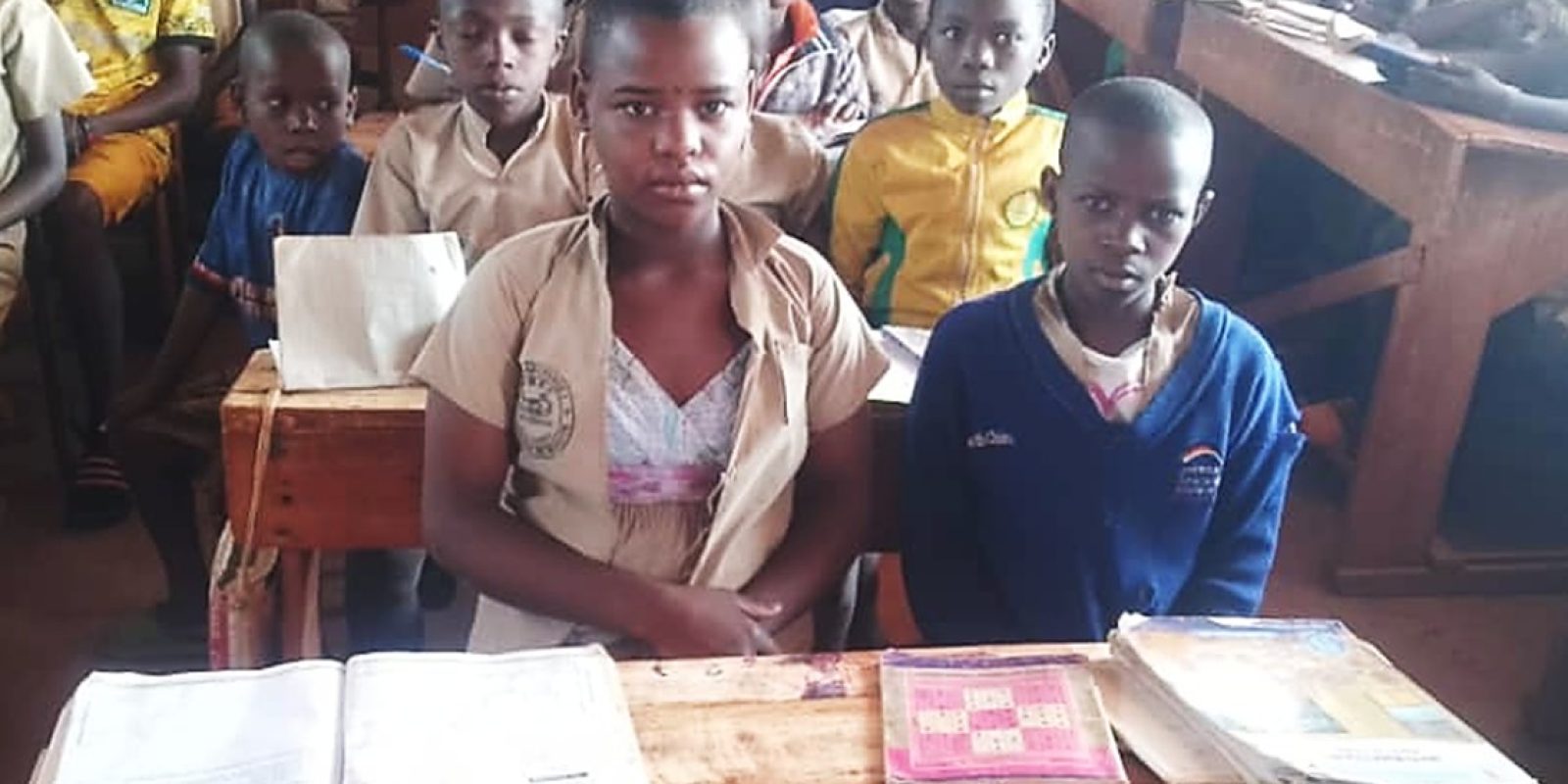And then… What’s next? Sustainability in JRS Programming
23 August 2023|Rozine Irabaruta

Refugees often ask themselves: “what’s next?”. Especially when it comes to education and skills-training beneficiaries. In many cases, beneficiaries finish high school, vocational skill training, or university but they do not know what else to do after. Sometimes they lack funds, they lack the right documents, or any other support to kick start their desired businesses.
This has become a major challenge in the lives of refugees. Many of them lose hope: they have gone through good schools or universities, but when they want to pursue greater things in life, it becomes a challenge.
As JRS, we have encountered this challenge, especially among the tertiary students and the vocational training students, where they perform well, only to sit at home waiting to be employed after graduation. This becomes tiresome and demoralizes their self-worth.
But JRS, as every time more NGOs worldwide, have settled a clear goal in their programming: sustainability. Not to give fish, but to teach how to fish (and support providing the needed fishing rod too). And minimize such reality by ensuring that the tools we provide them in the field of education and professional development do have a real impact in their life and allows them to link to the job market. As JRS, we named such approach the Pathfinder approach.
A survey was done about refugees supported by JRS Kenya on the topic. Most of them pointed out that, as much as they appreciate JRS for supporting their education, they would like to boost their education further or even improve the skills that they receive under the vocational training classes.
Many of them used to stay at home with their degrees, diplomas, or even certificates without using them: mainly because they didn’t have the right documents to be employed, start their own businesses, and improve their education levels.
As JRS we saw the need to reduce the gap that this challenge has created: we started proving some of the studies under vocational training some equipment to kick start their own business with the skills that they got from the schools such as baking materials, beauty and salon equipment and other mechanical equipment. This allows them to not be dependent on JRS but to start being independent when it comes to earning a living, hence supporting their families.

When we talk about student beneficiaries, as JRS we also went beyond and started looking for partnerships with other refugee-led organizations that can employ or give internship opportunities to students even without some documents needed for them to work. This has boosted their skills in the place of being employed and them being ready to interact with their colleagues who are not refugees. This has given them the chance to feel equal in the outside world and earn some stipend as a way of appreciating their work.
We believe that by implementing these kinds of initiatives, we can create more opportunities for them in the future, be more sustainable in our programming, and ensure a clear impact in the lives of refugees and other vulnerable beneficiaries.
We believe that, with these small gestures, we are slowly changing the question from “what is next?” to “I can also achieve it!” in the lives of many refugees.
You can support our operations by making a small donation!



